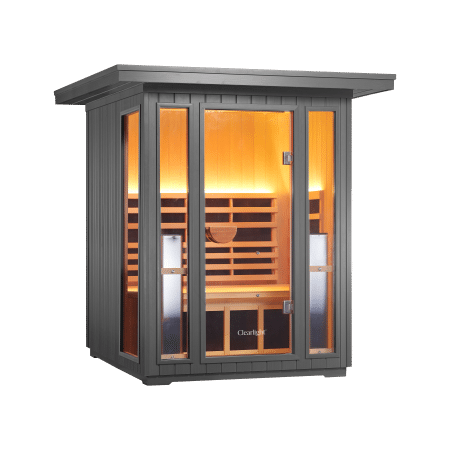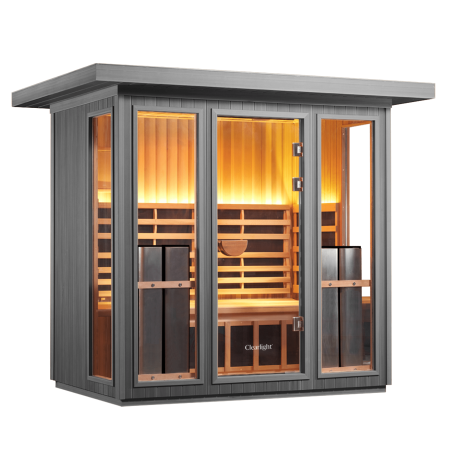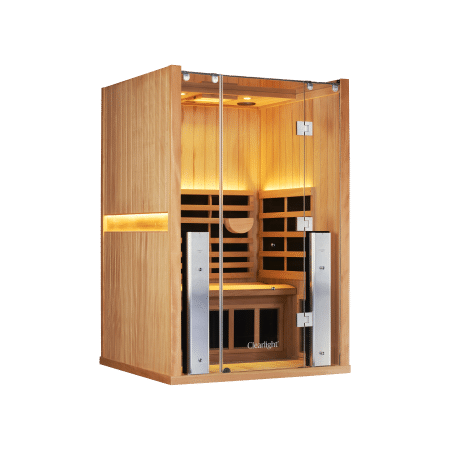The study conducted by Akinori Masuda, Masamitsu Nakazato, Takashi Kihara, Shinichi Minagoe, and Chuwa Tei examined the effects of repeated thermal therapy, specifically far-infrared dry sauna sessions, on mildly depressed patients experiencing appetite loss and general fatigue. In this randomized trial, 28 patients were assigned to either a thermal therapy group or a non-thermal therapy group. Those in the thermal therapy group underwent 15-minute sessions in a 60°C far-infrared sauna, followed by 30 minutes of rest, five days a week for four weeks. The results revealed significant improvements in somatic complaints, appetite, and relaxation in the thermal therapy group, with smaller improvements in mental complaints. Additionally, the thermal therapy group showed increased plasma ghrelin concentrations and daily caloric intake, suggesting that sauna therapy could help address both physical and psychological symptoms associated with mild depression.
This study indicates that infrared sauna therapy may be an effective treatment for mildly depressed patients, particularly those struggling with appetite loss and somatic complaints. The improvement in subjective well-being, along with the physiological increase in ghrelin—a hormone involved in hunger regulation—suggests that thermal therapy may help stimulate appetite and promote relaxation, which are often diminished in depression. While mental health symptoms showed some improvement, further research is needed to establish the broader effects of infrared sauna use on depression. The study underscores the potential of integrating heat-based therapies into treatment plans for depression, offering a promising non-pharmaceutical option to enhance mental health care.





